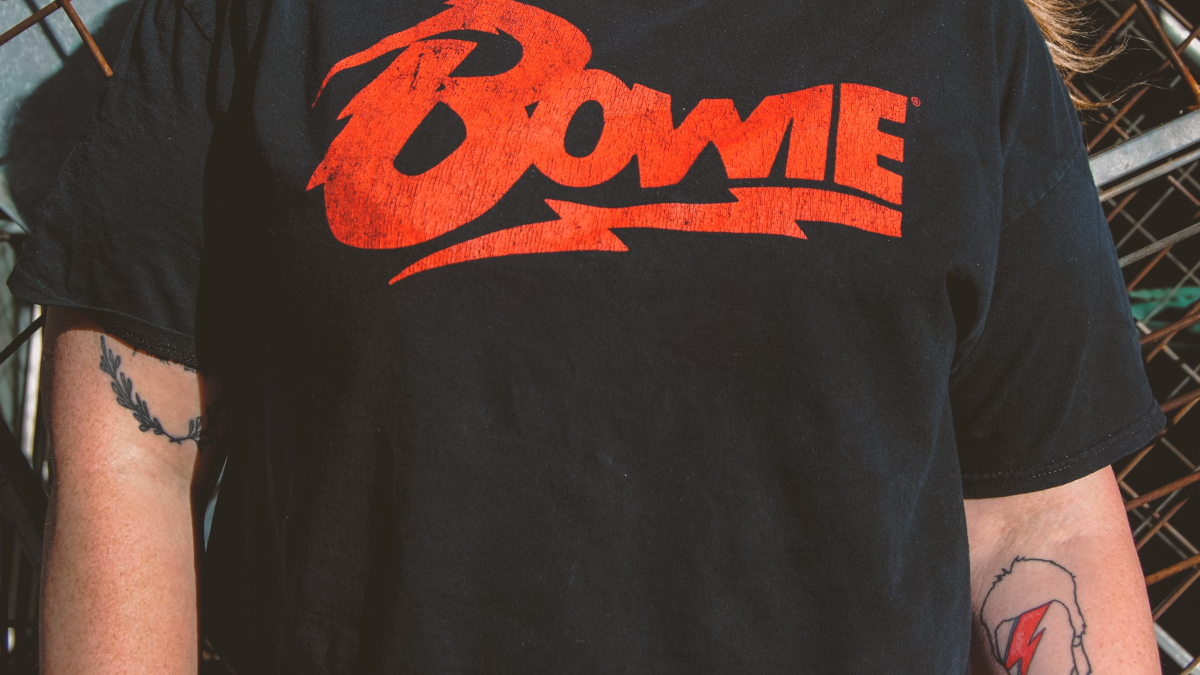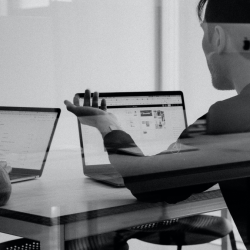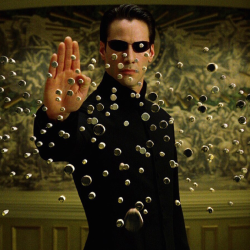Einstein proposed that, ‘The measure of intelligence is the ability to change’. Going by this yardstick, we should probably all have levelled up on a par to the famous intellectual over the last couple of years. However, in our industry in particular, the pandemic was seen as a time to prove our often-promised agile abilities. Agencies were in their fast-paced, reactive, and proactive element. As home offices were being set up, annual plans were being ripped up, because what worked yesterday suddenly didn’t. But this wasn’t our first rodeo, no siree! Change — and rapid adaptation — is built into our DNA.
‘To improve is to change; to be perfect is to change often’ so said another quotable heavy-weight Churchill. As an industry we’ve certainly embraced this ethos with arms flung open. Change is saluted and embraced. Perhaps even glorified. Our ability to respond at lightning speed, to ever innovate, to create the shiny, is a badge of pride on which we rate our achievement.
And, indeed, these are all important tools in our armoury. But it’s not the whole story. We need to hit the proverbial brakes and consider just how much might not be changing, and just how much of an impact this has on our growth stories.
Although you’ll find far fewer snappy soundbites about how, as humans, we don’t change all that much, it’s been proven beyond much doubt
Fundamental human emotions, desires, and motivations shift very little over time and as a species we’re prone to hundreds of cognitive biases that shape our behaviour which are largely predictable and enduring. This means that whilst observed actions may show rapid change (e.g., pandemic banana bread baking explosion) the fundamental human drivers behind them don’t (e.g., desire to be productive with our time).
This tension between observed actions and underlying drivers leads to a complex interaction between innovation and consistency. Cooper et al (2020) discussed the notion of a Heritage Brand Paradox, the tension between established brands’ need for change and their need for constancy with both parts of this equation. As important as the other and brands that can achieve this balance are far more successful in times of rapid change. A good example comes from Kantar BrandZ which showed the value of the UK’s strongest brands increased by almost 6% during 2020, despite operating within a pandemic.
When it comes to understanding what customers need and delivering it in a single-minded manner, the benefits are clear. Siegel and Gale annually compile the ‘top 100 Simplest brands’ determined by consumers. Since 2009 a stock portfolio comprised of these publicly traded simplest brands — including Aldi, Netflix, and Amazon — has outperformed the market by 1,600%.
These examples underline the notion that meaningful innovation doesn’t mean a constant launching of new products but rather a deeper understanding of what consistent consumer need your brand is delivering against. Dom Boyd, at Kantar Insights, cites Greggs as a great example of a brand that managed to evolve and launch into a new consumer (vegan) market whilst maintaining its core premise successfully catapulting it into Kantar BrandZ’s 100 top brands.
So even, in the midst of turmoil we mustn’t lose our heads and be seduced by the thrill of change. Yes, we need to be agile. Yes, we need to be rapidly adaptable. But for long-term growth we must also ensure we remain grounded. Rooted in our understanding of what fundamental human motivation, or need, our brand is fulfilling. Instead of apparent change enthusiasts Einstein and Churchill perhaps we should instead take a lead from Dr Seuss “Today was good. Today was fun. Tomorrow is another one.”
Featured image: Chelsea Massengill / Unsplash































